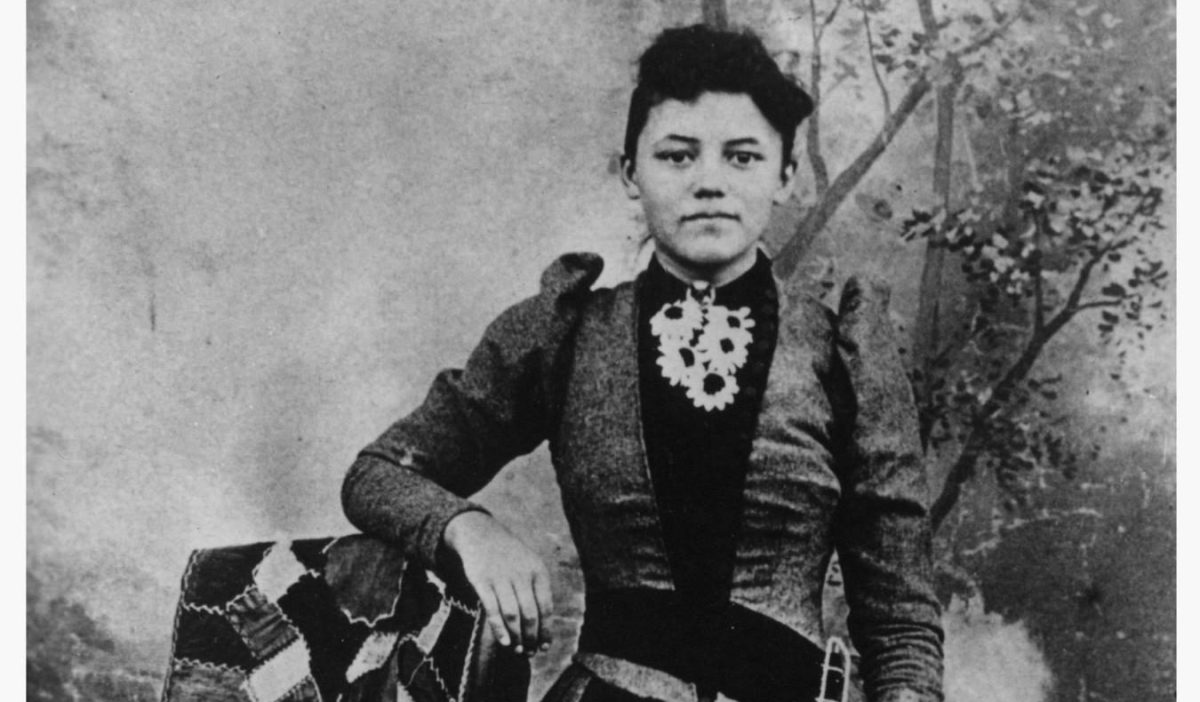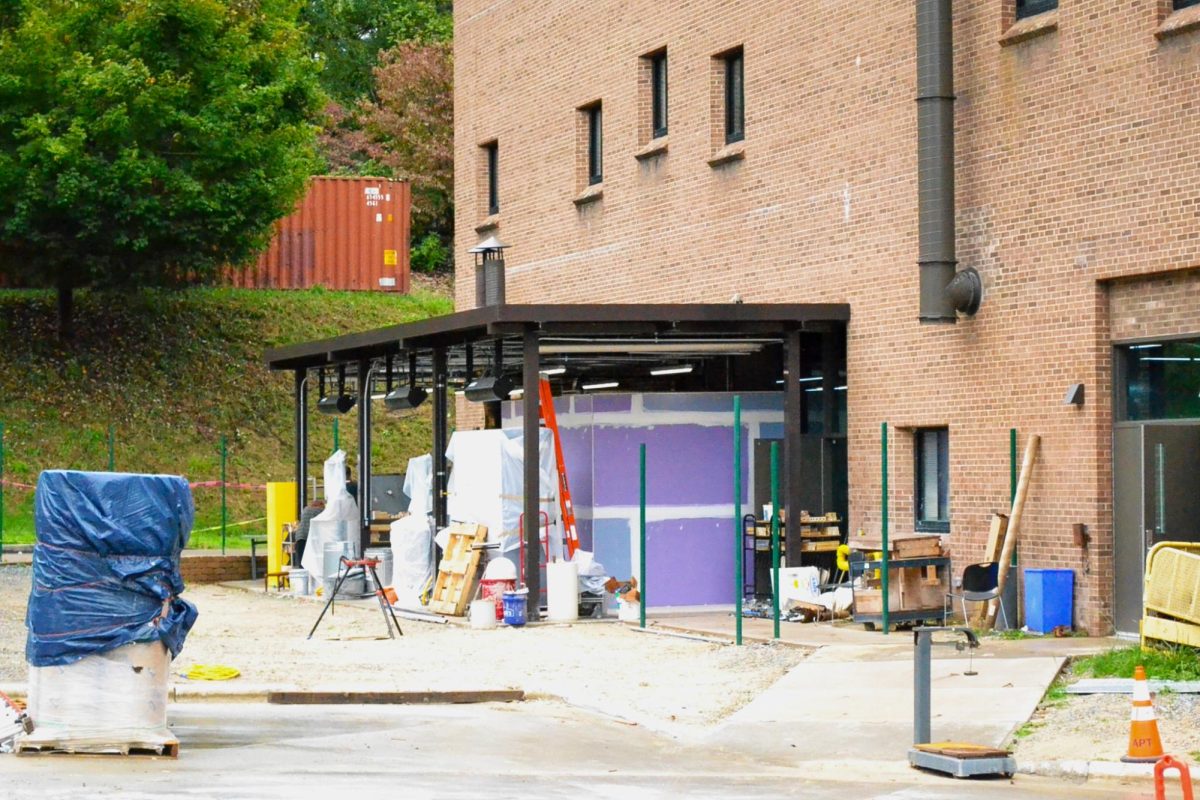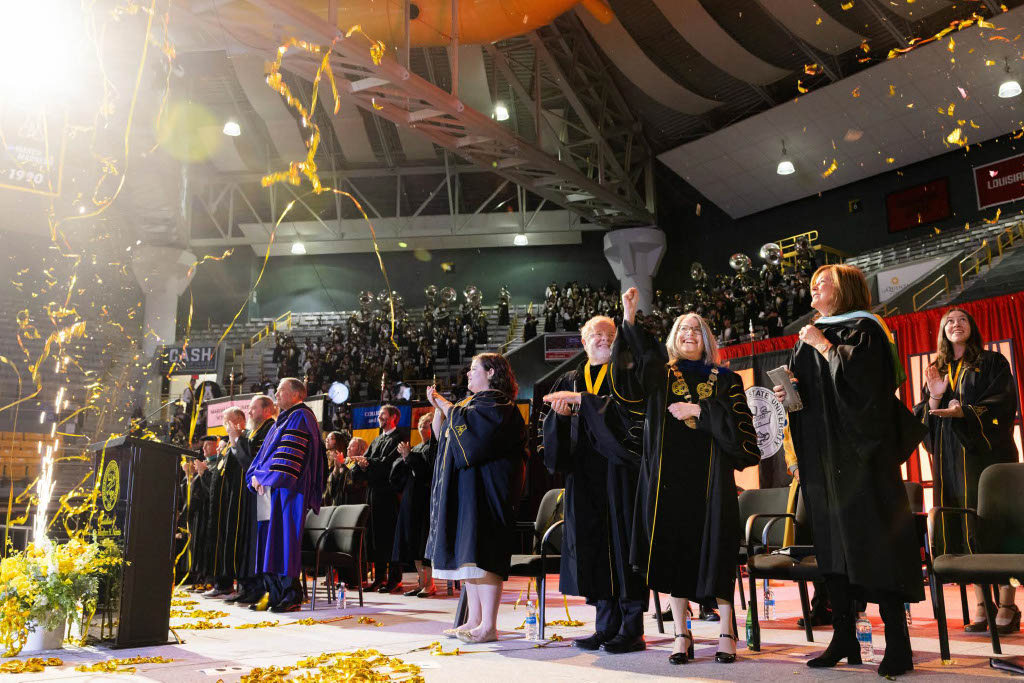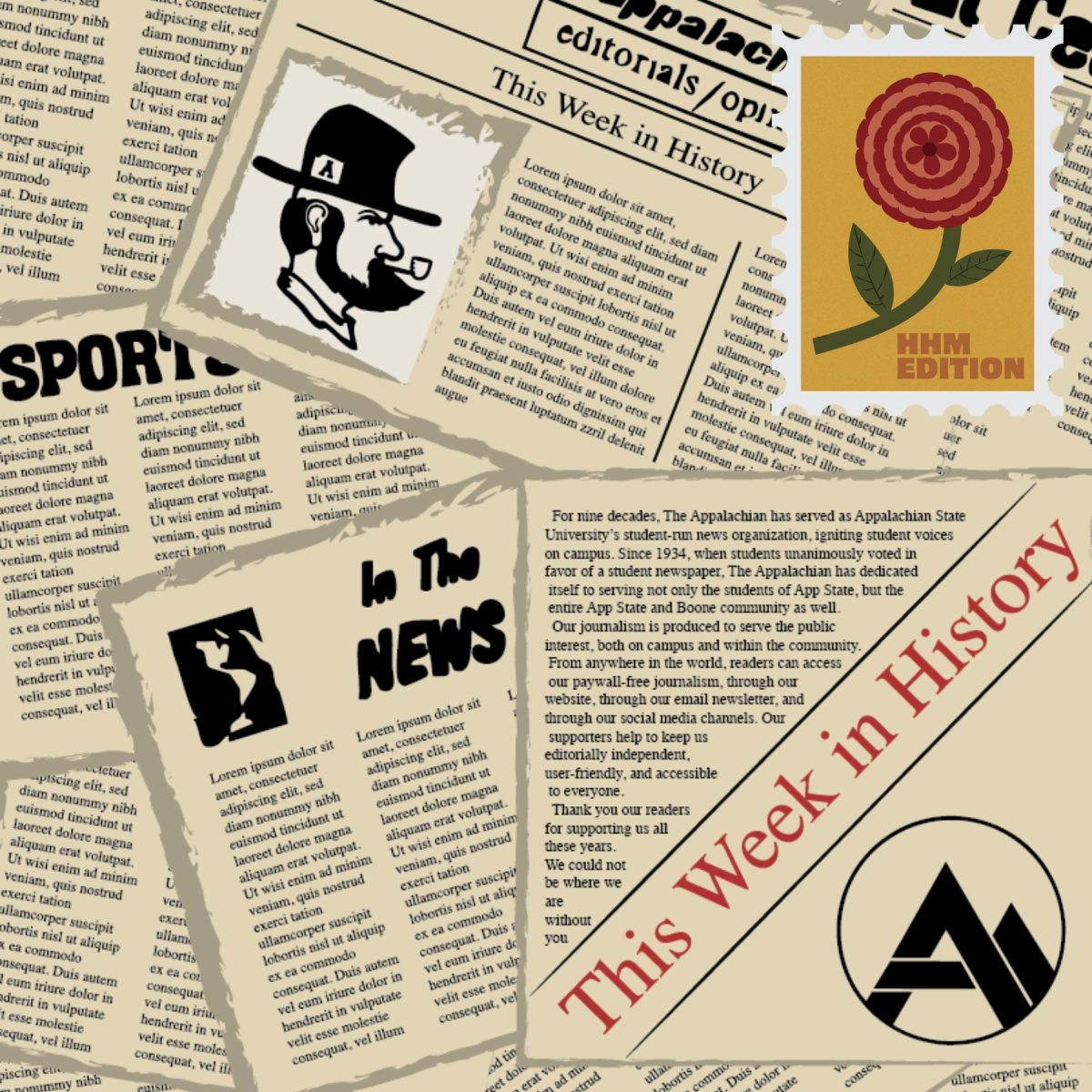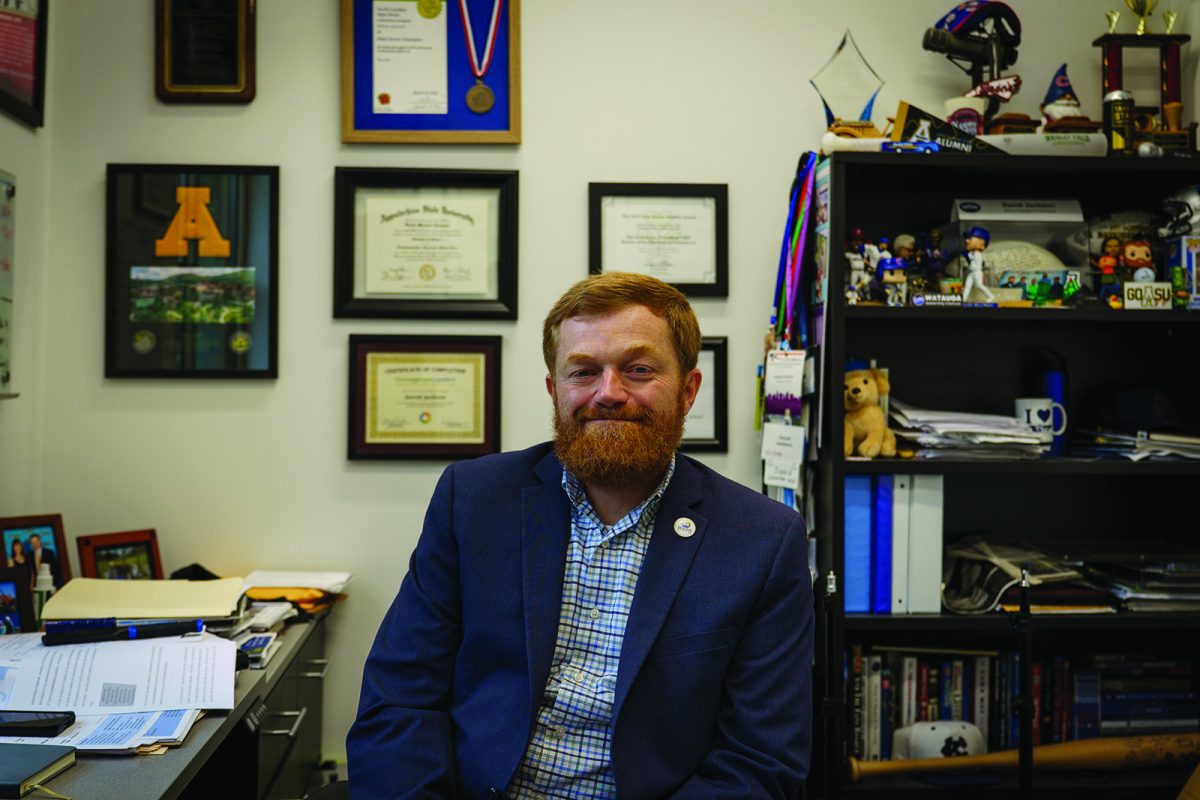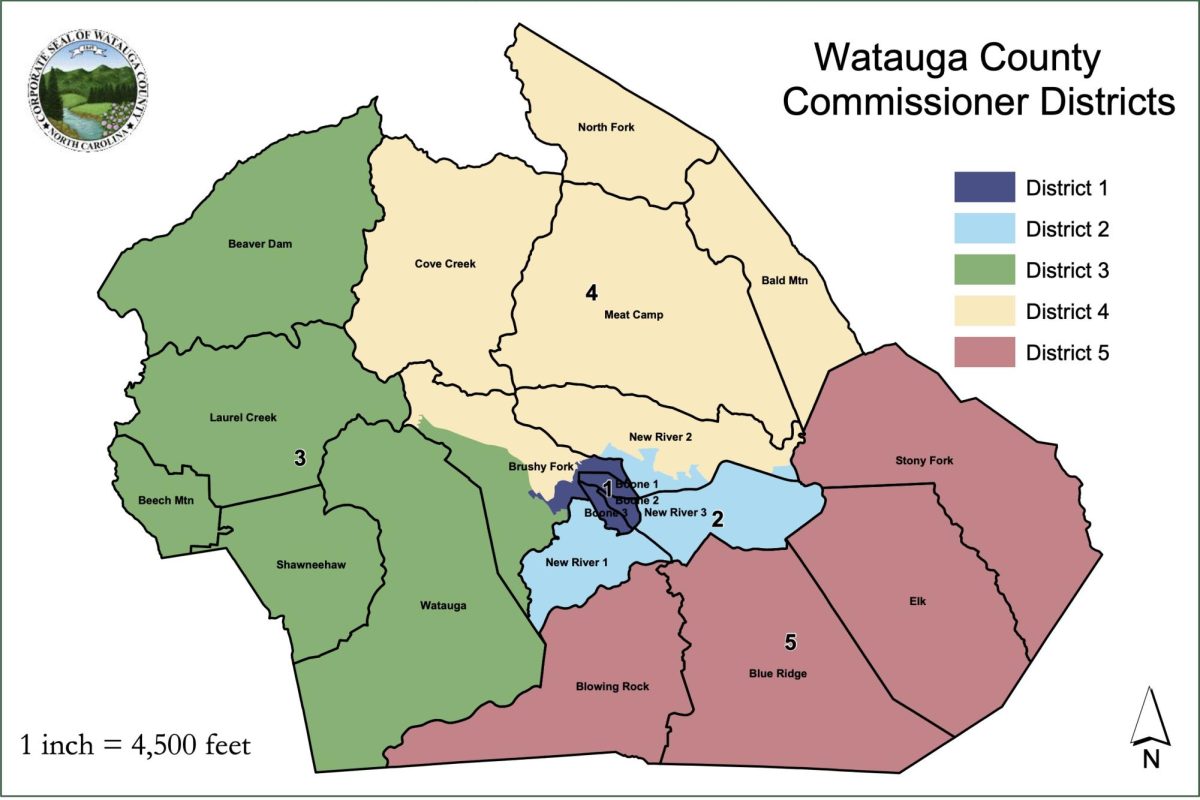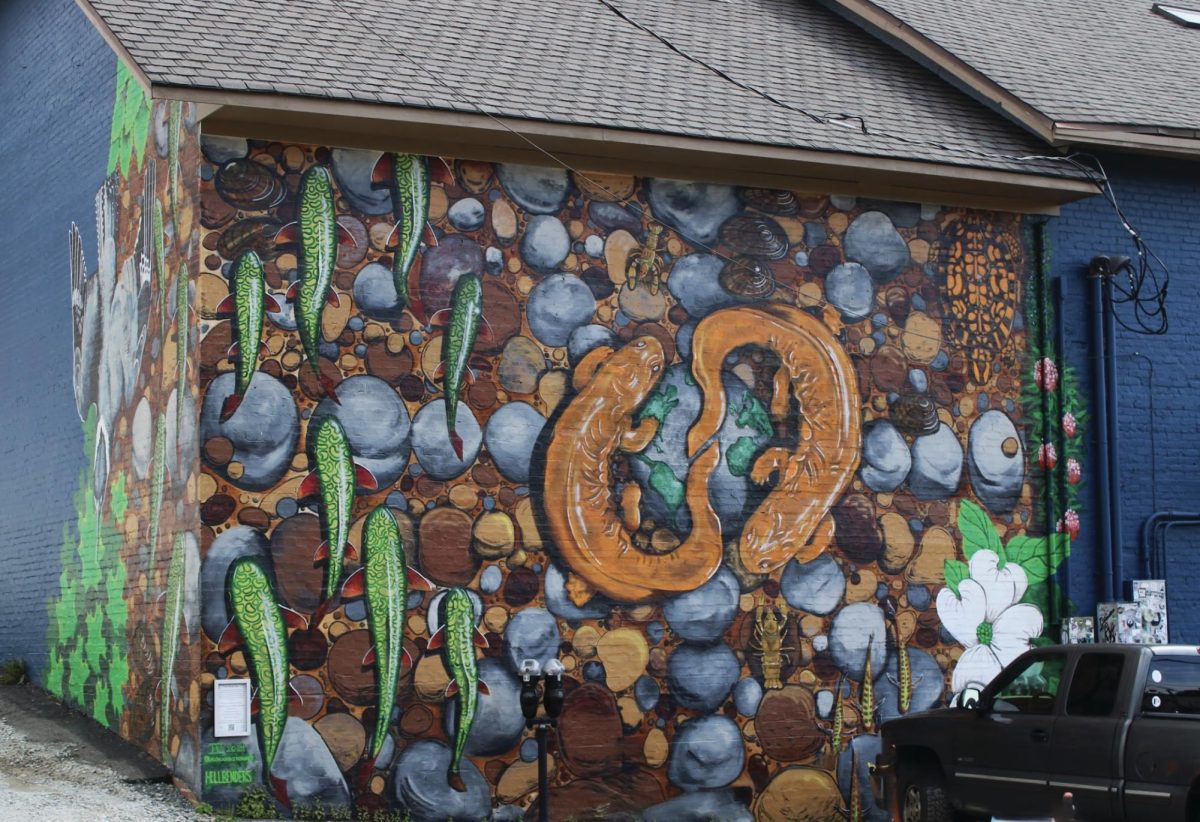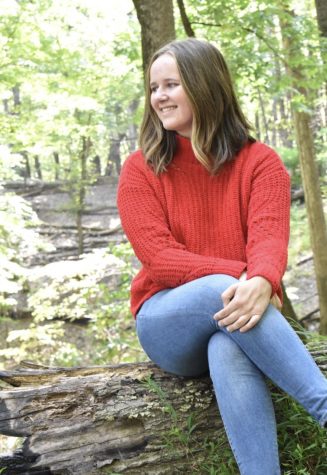App State was founded in 1899 as Watauga Academy by brothers Dauphin Disco “D.D.” Dougherty and Blanford Barnard “B.B.” Dougherty. But App State had a third founding member that some might describe as overlooked.
Lillie Shull Dougherty, born Ida Lillie Belle Shull, was born on Jan. 6, 1874, to father David Shull and mother Martha Lewis Shull in Butler, Tennessee, and was one of seven children.
At age 16, even before receiving her high school diploma, she served as a teacher to children, according to a book titled “Mountain Educators” written by Doris Perry Stam, the great-granddaughter of Lillie Dougherty, In the family, Lillie Dougherty was referred to as “Mama Dougherty.”
She went on to attend Holly Springs College, also in Butler, Tennessee, where she studied special interests such as music, expanding her expertise in voice, guitar and piano. It was there that she met her husband and co-founder of App State, D.D. Dougherty, according to “Mountain Educators.”
Lillie and D.D. Dougherty exchanged letters during her time as a student at the college. D.D. Dougherty was a new professor at the time.
Though she didn’t earn a college degree from Holly Springs, she soon joined the faculty at the college, serving as a teacher in the Primary Department starting in 1895. Her teachings focused on history and literature and she taught to a school of over 250 students.
It was during these years as a faculty member that Lillie and D.D. Dougherty’s relationship blossomed, and on June 9, 1897, Lillie Dougherty, age 22, and D.D. Dougherty, age 28, married, according to the book. The following year, Lillie Dougherty had her first child, Clara Bartlett Dougherty.
Just one year later in 1899, the father of D.D. and brother B.B. Dougherty, the latter of whom also taught at Holly Springs College for a period of time, wrote to his sons, encouraging them to return home to Boone and establish an education system.

Many conversations were carried out regarding the decision — Butler, Tennessee offered a secure place to raise a family and Lillie and D.D. Dougherty had faculty positions at the college, according to the book. After deliberation, the family of three decided to make the move. They established Watauga Academy in 1899 to serve the rural Appalachian community and help fill an education gap.
Lillie Dougherty taught music classes at Watauga Academy and filled in for B.B. Dougherty as a substitute teacher while he was away conducting business or training new teachers, according to “Mountain Educators.” Unlike D.D. and B.B. Dougherty, Lillie Dougherty was not compensated for her work.
D.D. and Lillie Dougherty’s first house in Boone was named Meadow View, which also doubled as a boarding house for students. Lillie Dougherty served as hostess of Meadow View and would oversee boarding and household duties, caring for a household of up to 14 including students, herself, her husband, daughter and B.B. Dougherty, who also lived with them.
Eventually, the Dougherty family moved into a new home, which was originally located on Rivers Street. While this home did not serve as a boarding house, Lillie Dougherty still maintained her role as “hostess” of the school, according to the book.
In 1903, Watauga Academy became Appalachian Training School for Teachers. B.B. Dougherty served as superintendent while D.D. Dougherty served as principal. Lillie Dougherty continued to teach. The same year, Lillie Dougherty had her second child, Annie Lewis Dougherty.
While maintaining her duties, Lillie Dougherty would go on to have three more children: “Little Disco” who was born Aug. 5, 1906, and died only two years later, David Barnard Dougherty, born Aug. 23, 1909, and Edwin Shull Dougherty, born March 30, 1913.
As the college continued to grow, so did Lillie Dougherty’s duties. Stam wrote Lillie Dougherty had a strong work ethic, which she would use to benefit others, rather than for her aggrandizement.
Stam wrote in her book, “As the college grew, Lillie Dougherty stood behind the scenes supporting the work of both Dougherty brothers. Lillie has been written out of her role or of life from her perspective. Her story is woven throughout the accomplishments of Dauph and Blan.”
In 1925, the school was changed to Appalachian State Normal School and again in 1929, becoming Appalachian State Teachers College, which was a four-year college institution. Lillie Dougherty served as administrator, balancing these duties while also maintaining the household and other social responsibilities, feeding hundreds of community members at her table throughout the years.
“During these busy and crowded years, Lillie obviously had little privacy and freedom; yet nothing that life brought her of pain and loss could destroy the beauty of her character, nor overshadow the bright, friendly smile that always warmed the hearts of her many acquaintances,” Stam wrote in her book. “Her kind, helpful ways secured hundreds of lifelong friends who loved and cherished her.”
The same year Appalachian State Teachers College was established, D.D. Dougherty died suddenly. B.B. Dougherty took on duties as president while Lillie Dougherty took over as treasurer and business manager. This would be the first time she was paid for a position with the college. Lillie Dougherty continued to emphasize the arts, holding musical performances.
“She was a really important founder, and quite overlooked,” Stam said.
Her administrative duties included managing payroll and daily cash, paying bills and ordering food and supplies. While she held these responsibilities, she could also be found around campus dressed in her gardening clothes, planting flowers and shrubbery along buildings and pathways as well as the property surrounding the Dougherty House, according to Stam’s newest book, “D.D. Dougherty, Lillie Dougherty and the Early Years of Appalachian State.”
“The transition to a four-year college was well underway as Lillie took on more duties, despite her great loss. She still had two sons and Blan to look after, and a home to maintain, as well as many hostess duties. Keeping busy was a balm for the grief,” Stam wrote in the book.

Lillie Dougherty took the financial aspect of her job very seriously, according to Stam, diligently keeping records of spending and being sparing when necessary to ensure the preservation of the school during the Great Depression. Still, this emphasis on finances, according to Stam’s book, didn’t compromise the education received by students.
“No eager student was turned away. One such student in the 1930s, who admitted to Lillie that he did not have enough cash to enroll, recounted later that she softly said, ‘It’s all right. We’ll make a way. Now, you go on down to the school farm. I’ll make arrangements, and you can work your way through school,’” Stam wrote.
Lillie Dougherty retired in 1938, passing off her duties to her son David Barnard Dougherty who was elected to fill her position. During her over 40 year long commitment to the school, Lillie Dougherty held many social positions, including president of the Woman’s Missionary Society at the First Baptist Church, led children and sang in the church’s choir and founded the Faculty Dames, a club dedicated to female faculty members and wives of faculty members.
Lillie Dougherty died in 1945 at age 70. Brother-in-law B.B. Dougherty, who Stam described as “despondent” in her book in the wake of Lillie Dougherty’s passing, would go on to serve the college for another 10 years. Stam wrote that it was evident that the Dougherty brothers heavily depended on Lillie Dougherty and her duties.
“In every challenging situation the brothers faced, Lillie Shull Dougherty’s skill, understanding, and faithful labor sustained them,” she wrote.
In an article published by The Appalachian on Feb. 26, 1945, the co-founder of App State was remembered as a significant figure in the school’s history.
“In the recent death of Mrs. Lillie Shull Dougherty Appalachian State Teachers College suffers a distinct loss,” the article read. “From the beginning hers has been a cultural influence and although for the most part in the background, this modest, lovely woman with the sweet smile and quiet manner was as much a part of the individuality of the college as is the inspiring scenery on historic Watauga Academy.”
Stam said Lillie Dougherty’s appreciation for art and beauty shaped the school’s legacy and instances of her influence can be found today.
“Her desire for beauty and aesthetic, I think that has carried on in the university with their emphasis on music, art, and the arts in general. That really traces back to her,” she said.

